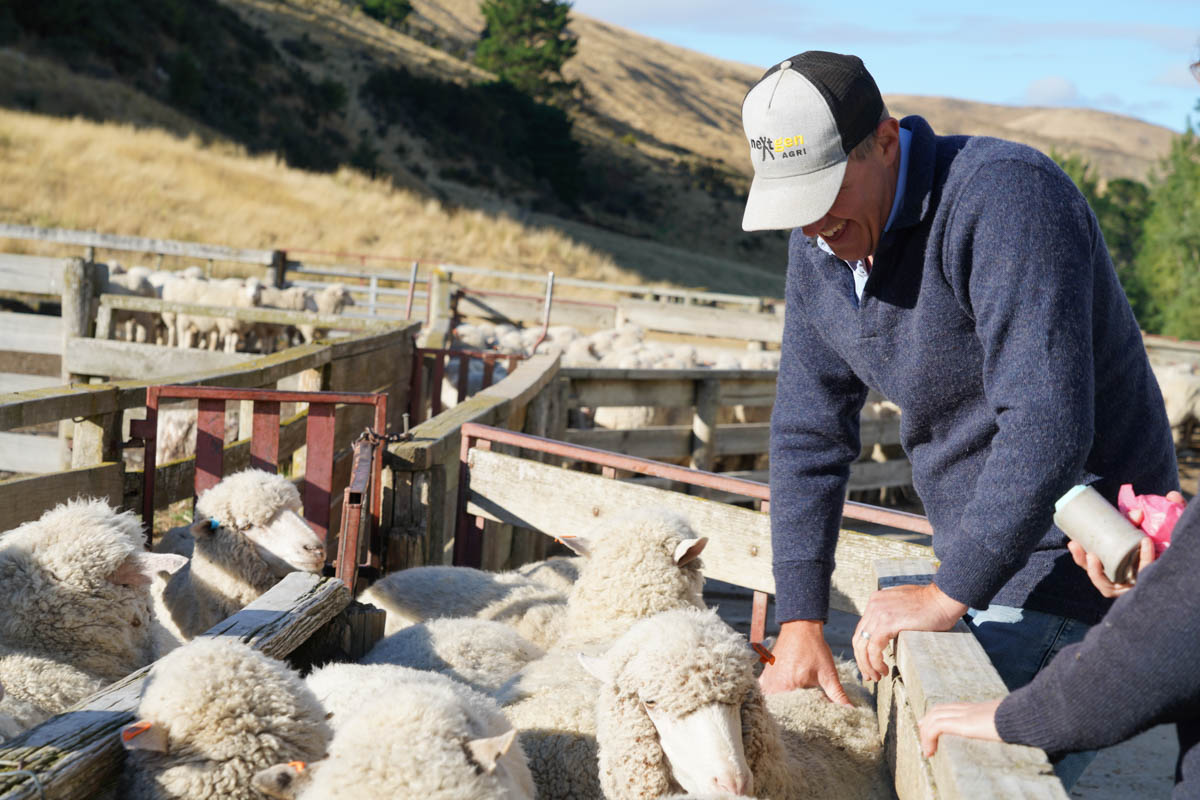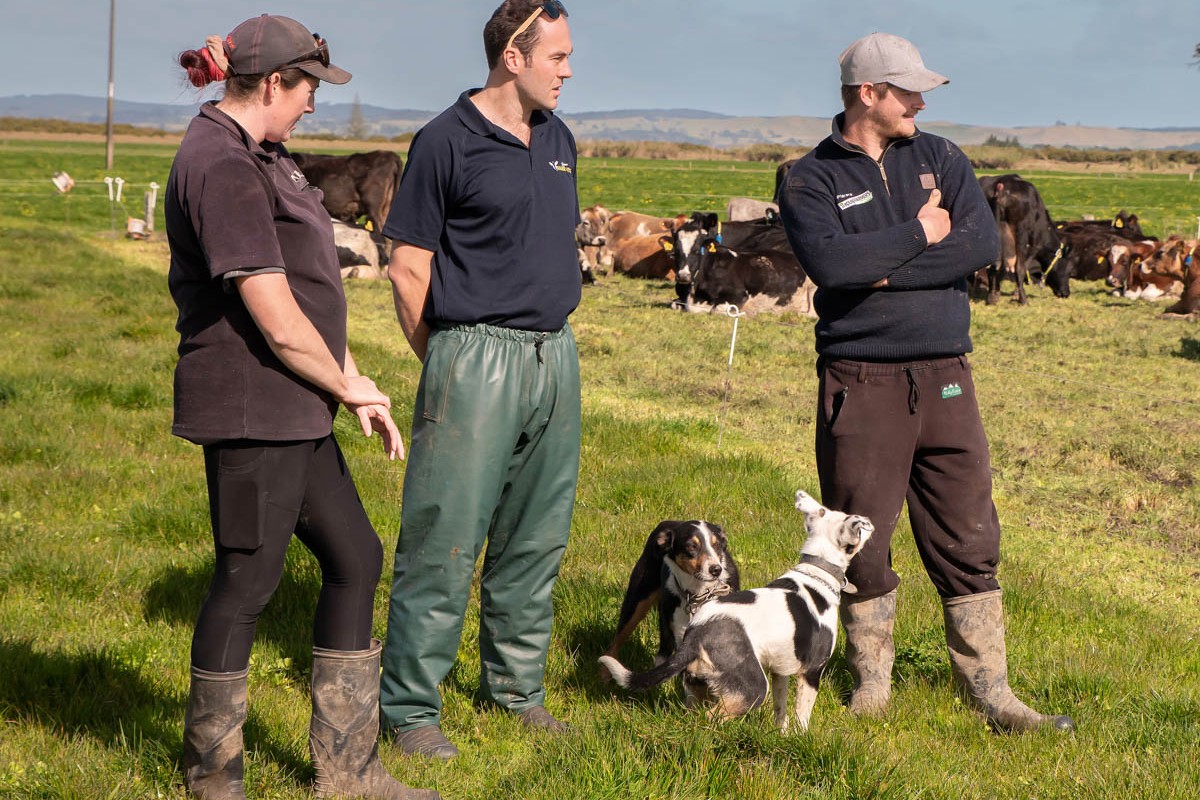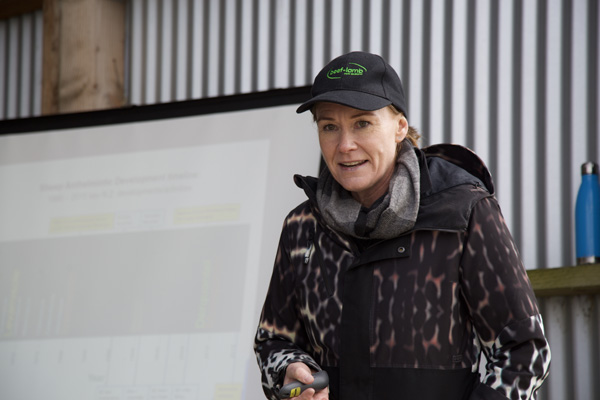Andrew Roe
The Country Wide crew demonstrated plenty of foresight when they decided, back in February, that the theme of this special beef farmer edition of the magazine would be “Beefing up the Farm: building flexibility for threats and opportunities”.
As well as the after-effects of the drought, which many New Zealand farmers were already grappling with, another set of challenges has been forced upon the agricultural sector thanks to the Covid-19 pandemic. If ever there was a time for flexibility, now is it.
The few months following a drought always pose a unique set of animal health risks. And the disruptions at our beef processing plants due to Covid-19 is likely to add to these challenges.
A recent industry update by Beef + Lamb NZ stated that the implementation of the Covid-19 meat processing protocol has led to a 30% reduction of throughput at our beef plants, with the backlog not likely to be cleared until well into winter.
With beef finishers needing to hang on to prime stock longer than normal, there will be less demand for this seasons’ calves, meaning some of those breeders and calf-rearers, who normally sell their calves, may now be forced to winter them.
Following are some of the animal health considerations for those farmers battling with the demands of carrying extra stock, especially young stock, as well as those emerging from the drought.
WORMS
Despite what many people think hot, dry conditions do not kill worms on our pastures. Worm larvae are tough and adaptable and survive droughts quite nicely in faecal pats and the soil. When we finally get rain they emerge in huge numbers to resume their development and get ingested by our grazing animals.
Farmers in drought recovery mode need to be aware of this threat and tighten up their drenching regime, especially of calves and lambs, to avoid serious internal parasite problems. Monthly drenching, if using an oral product, or six-weekly for pour-ons and injectables is the standard approach; though there are some variations to this recommendation for specific products, so check with your vet for the best advice. And don’t forget to keep an eye on adult stock as they too can succumb to the effects of parasitism in cases of heavy worm challenge, especially if already a little bit down in condition
LUNGWORM
In South Otago we have already dealt with a number of lungworm cases in calves, some involving quite heavy losses. Warm, moist autumn conditions are ideal for the development and dispersal of lungworm larvae on our pastures.
Lungworms follow a similar life cycle to the important gastro-intestinal worms and are susceptible to all of our broad-spectrum drench types, but farmers can be taken by surprise, especially those already following a regular drenching programme.
The difference with lungworm is that the juvenile worms are just as harmful as the adults so, if using a standard oral drench (which does not offer any persistent activity) dangerous levels can build up between your monthly drenches.
The use of pour-on, injectable or bolus products, containing active ingredients from the ML (“mectin”) group is the recommended approach, but ensure you choose a combination product to take care of those gut worms that the mectins are not so good at dealing with, and to minimise the chance of drench resistance.
MAGNESIUM DEFICIENCY
Those using nitrogenous fertiliser to help with drought recovery or provide feed for increased stock numbers need for be mindful of the suppressive effect this can have on magnesium availability in the spring. Dusting pasture with magnesium oxide (as occurs on dairy farms) is not often feasible on sheep and beef farms, but a practical alternative to prevent grass staggers in your breeding cows is the use of magnesium boluses.
CLOSTRIDIAL DISEASE
Most beef finishers, especially those operating more intensive grazing systems, will already have a vaccination programme in place to protect their young cattle against blackleg and the other “sudden death” syndromes caused by clostridial bacteria. For farmers unexpectedly ending up with calves to winter, due to the flow-on effects of Covid-19, vaccinating those animals with a clostridial vaccine is very cheap insurance, especially if you are intending to winter them on fodder beet or a brassica crop.
- Andrew Roe is a veterinarian with Clutha Vets.




